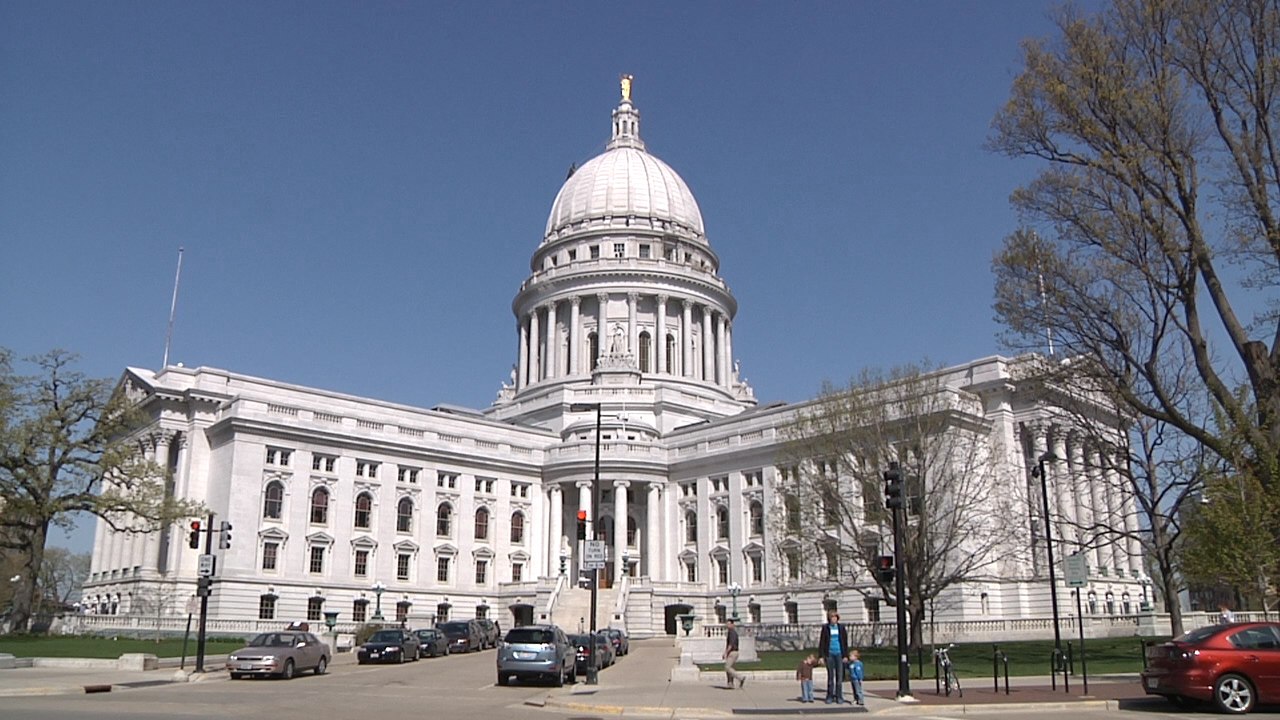
Does Wisconsin have a Revenue Problem, or a Spending Problem?
May 6, 2015
by Matt Crumb and Nick Novak
[Madison, Wisc…] Let’s start with the good news. After $2 billion in tax cuts the past few years, the State of Wisconsin is actually taking in more revenue than it ever has. That’s right; Wisconsin cut taxes and is realizing increased revenue collections. So, to those that said these policies are not working, they are just plain wrong.Now onto the bad news – at least for legislators in the capitol that wanted to approve some additional spending for items like K-12 education, the UW System and transportation. The non-partisan Legislative Fiscal Bureau’s (LFB) revenue estimates from January are going to stay unchanged.
This came as a shock to many legislators that expected some extra revenue to plug so-called “budget holes.”
Before discussing why this isn’t the worst news for the taxpayers of Wisconsin, let us explain what LFB’s revenue estimates are and why they matter.
In every odd-numbered year – when the state budget is debated – LFB makes two estimates of the amount of state tax revenue that will come in over the biennium, once in January and once in May.
The January estimate, which expected $15.1 billion in fiscal year 2016 (FY16) and $15.7 billion in FY17, gives the governor and legislature a reference point to start their budget process. LFB then re-estimates future tax revenue in May based on tax collections to date and more recent economic forecasts.
LFB Director Bob Lang notified members of the Joint Finance Committee (JFC) on Wednesday that the original January estimates are likely to stick, and legislators should expect no additional revenue – contrary to what many were expecting.
The Fiscal Bureau believes that tax collections through the end of this fiscal year could be slightly higher than anticipated in January. However, Lang pointed to the downgrading of IHS Global Insight Inc.’s most recent U.S. economic forecast. IHS’ analysis showed lower national personal income and consumer spending than was projected in January.
As federal policies and other issues continue to hinder national economic growth, Wisconsin will likely be impacted according to LFB.
Just because LFB didn’t “find” new money for the legislature to play with does not mean that Wisconsin is in a poor fiscal situation. According to the estimates, Wisconsin tax collections will be near $31 billion for the 2015-17 biennium, which is about $2.5 billion more than was estimated for the 2013-15 budget. That is an increase of more than eight percent over the previous budget – which, as we said, cut taxes.
“Wisconsinites are better off today because of the prudent financial decisions we made last budget,” Sen. Alberta Darling said on Wednesday. “We’ve already returned over $2 billion to the hardworking taxpayers of our state.”
So, what is the real problem Wisconsin is facing? It’s spending.
There are countless places that we can point to where there is waste, fraud and abuse. Rep. Dale Kooyenga (R-Brookfield) very simply summed up the number one issue facing Wisconsin taxpayers, though, in an email to the MacIver Institute.
“Wisconsin’s financial challenges stem from explosive Medicaid costs not from insufficient revenue,” Kooyenga said.
When Gov. Scott Walker signed his last budget, LFB projected medical assistance would take up $4.8 billion of general purpose revenue spending, which is made up of state tax dollars. That number has jumped to nearly $5.7 billion two years later.
With Medicaid spending taking up so much of newly available revenue, it is hard to find additional funds for anything else in the budget. That is why we believe policy makers need to start thinking long and hard about the actual role government plays in our daily lives. Where is government needed and where is it not?
In the end, LFB’s memo today makes clear one major point. Wisconsin does not have a revenue problem. It has a spending problem.
Matt Crumb is a Research Associate at the John K. MacIver Institute for Public Policy.
Nick Novak is the Director of Communications at the John K. MacIver Institute for Public Policy.